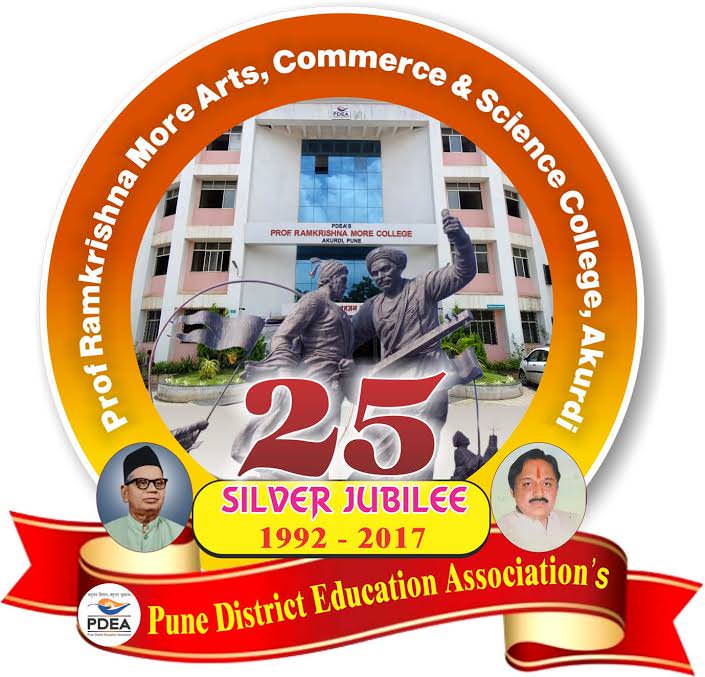Welcome To Chemistry Department
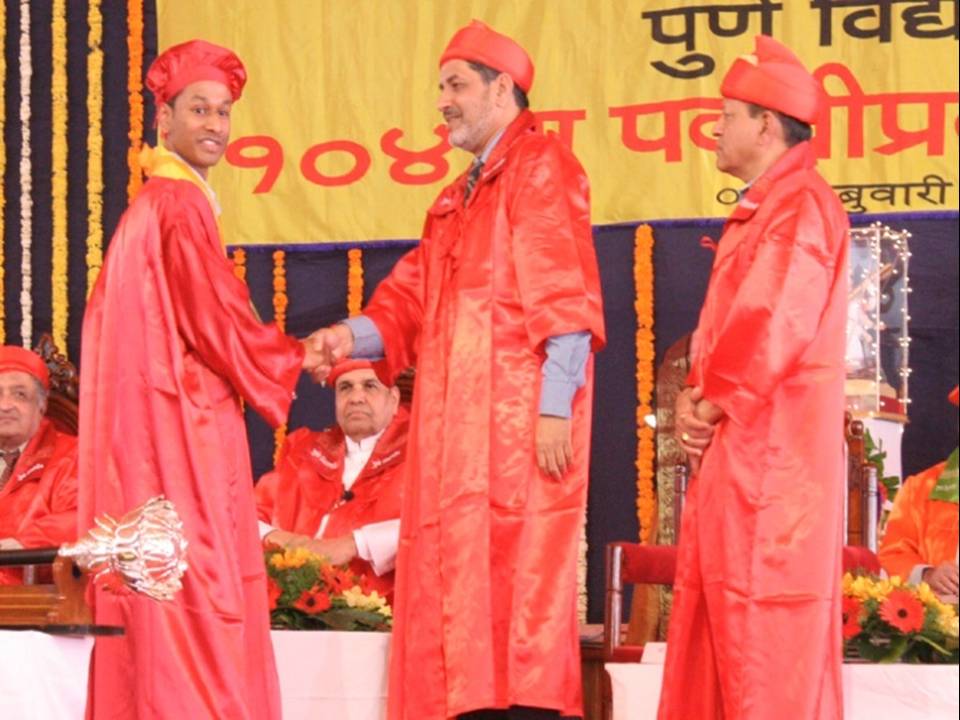
'Mr. Sameer Khandekar- A student of M. Sc Analytical Chemistry Received Shelarmama Gold Medal from SPPU, 2011'
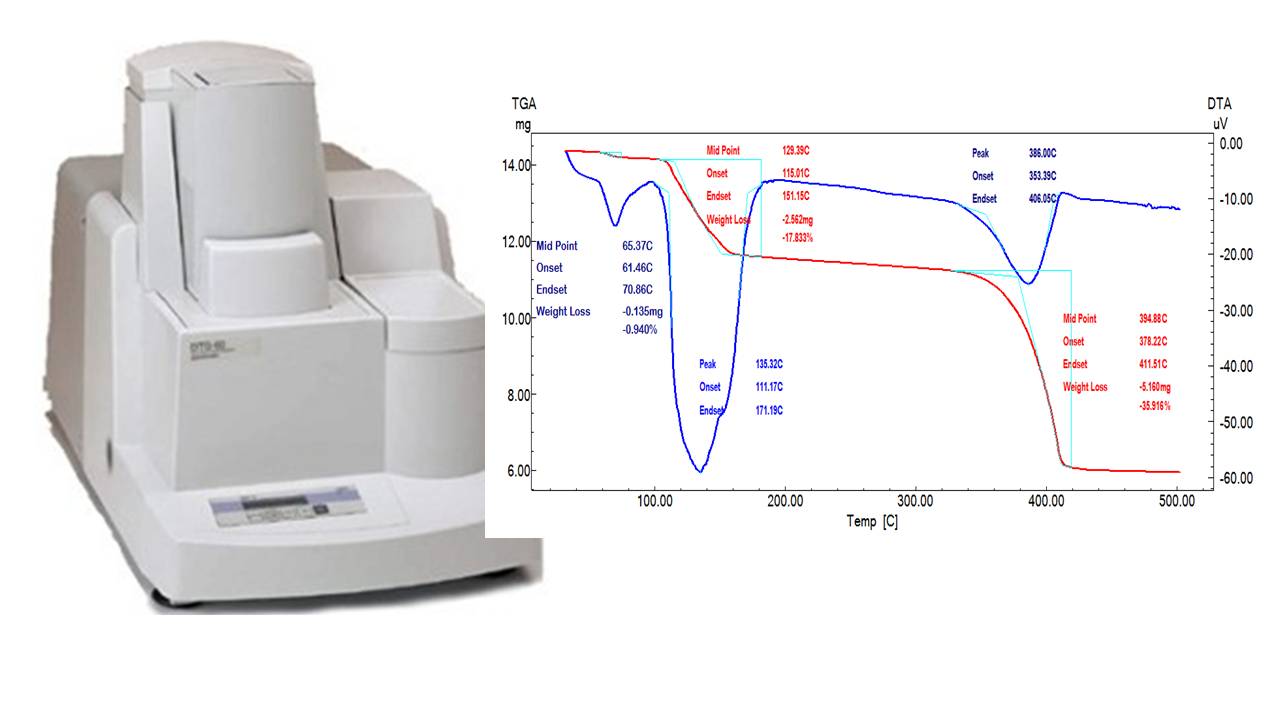
'TGA - Instrument '
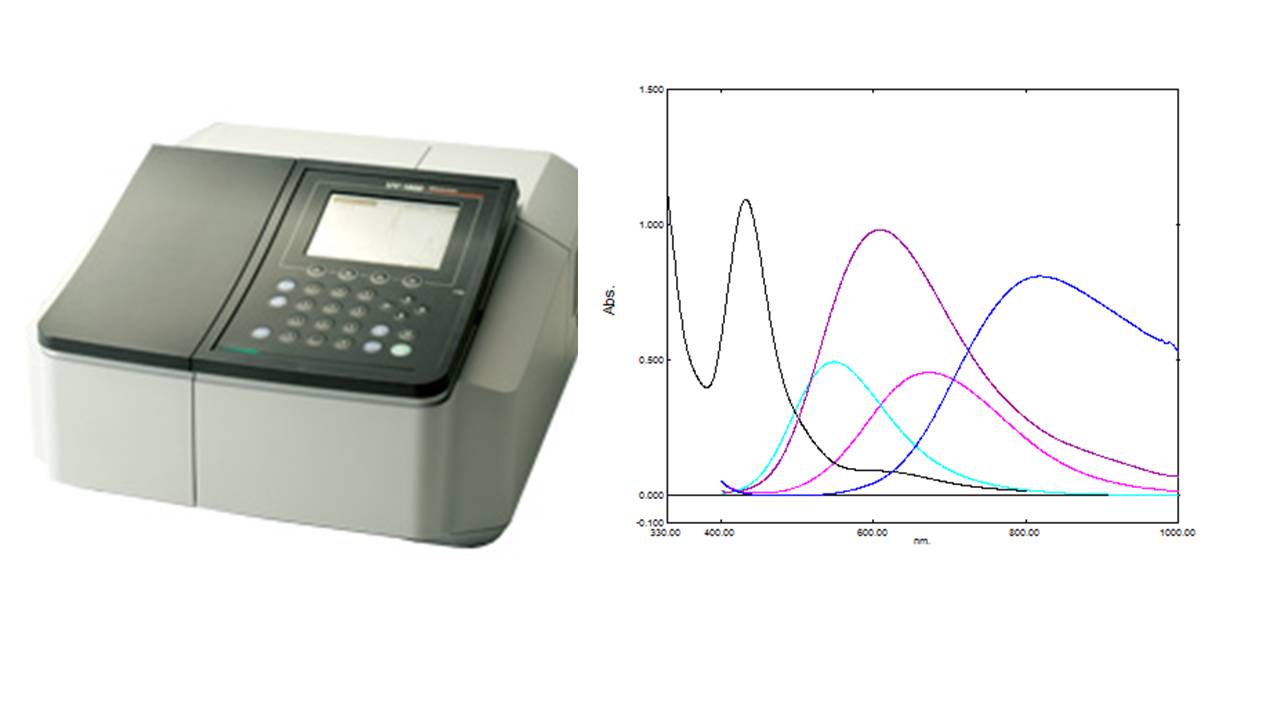
'UV-Visible spectrometer'
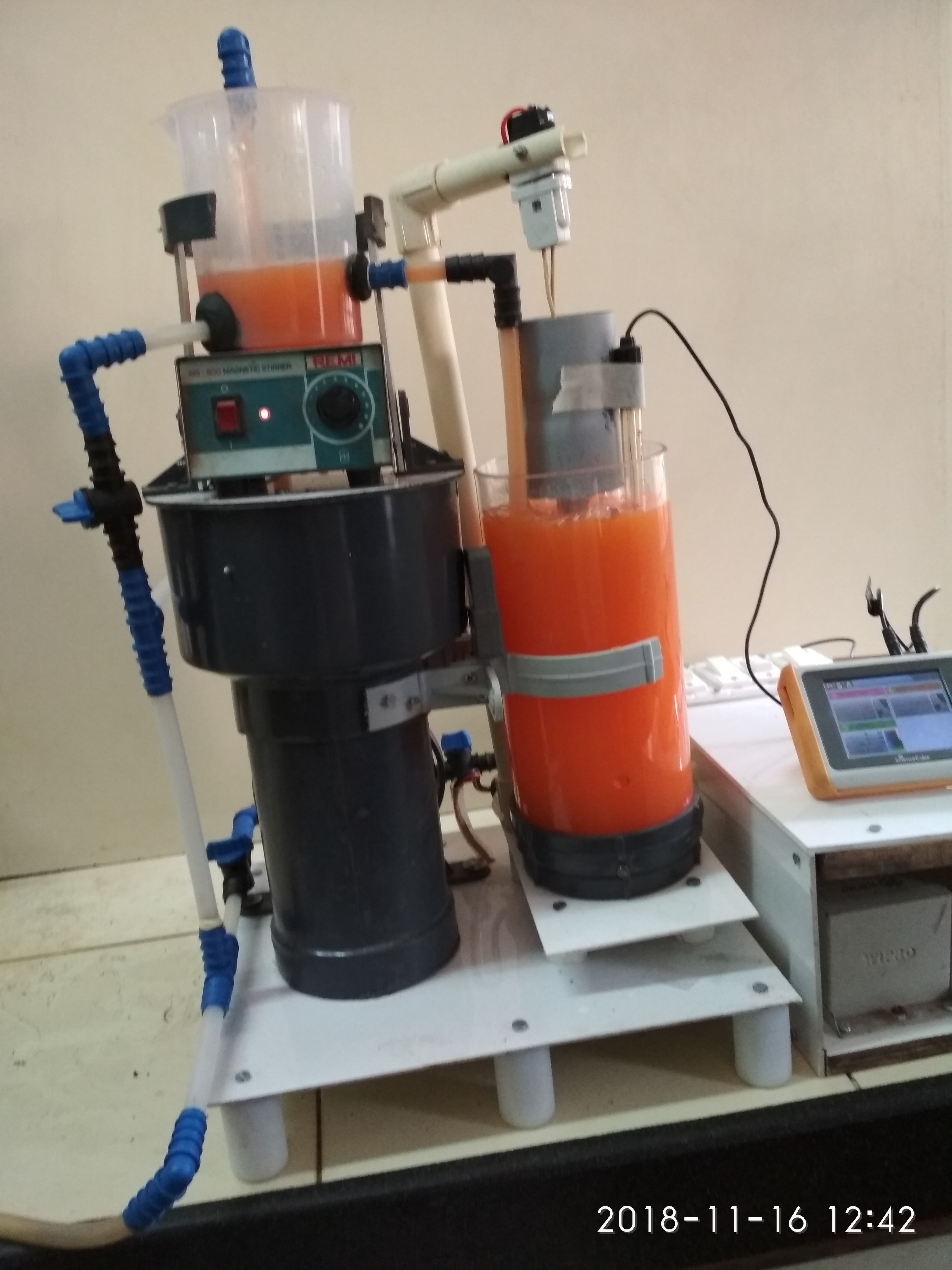
'Photoreactor'
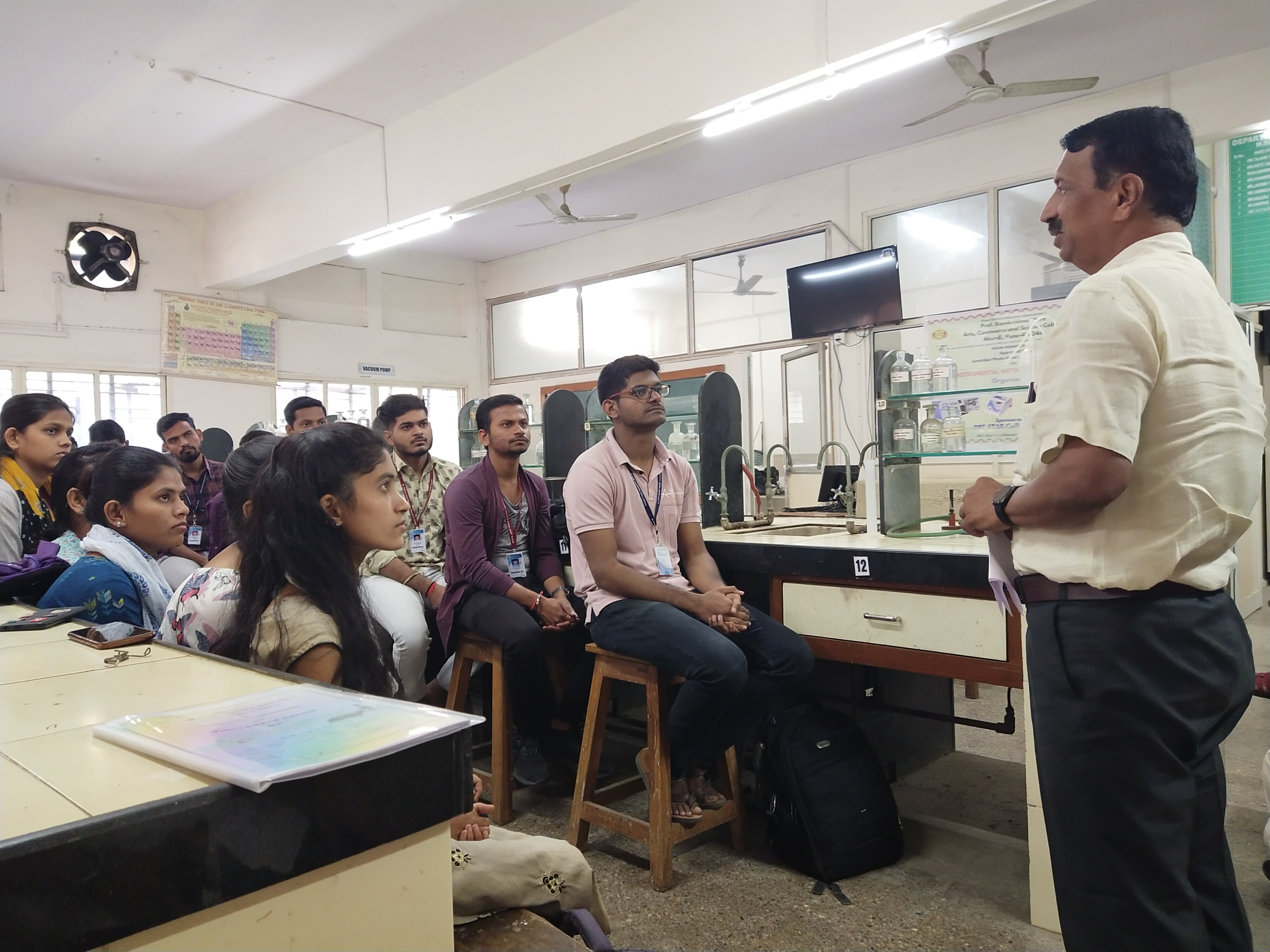
'Value Added Course: Instrumental Methods of Analysis'
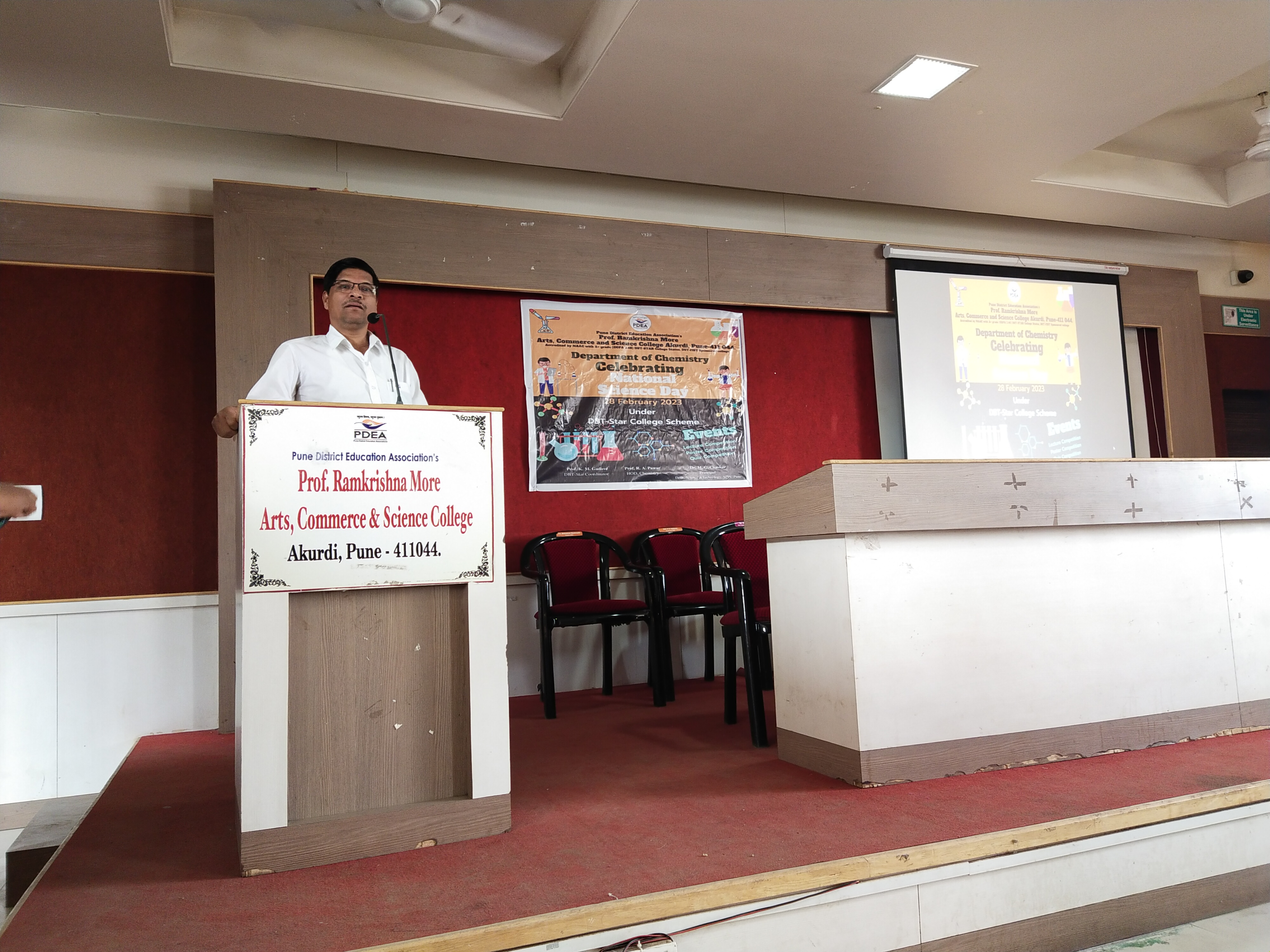
'Science Day Celebration'
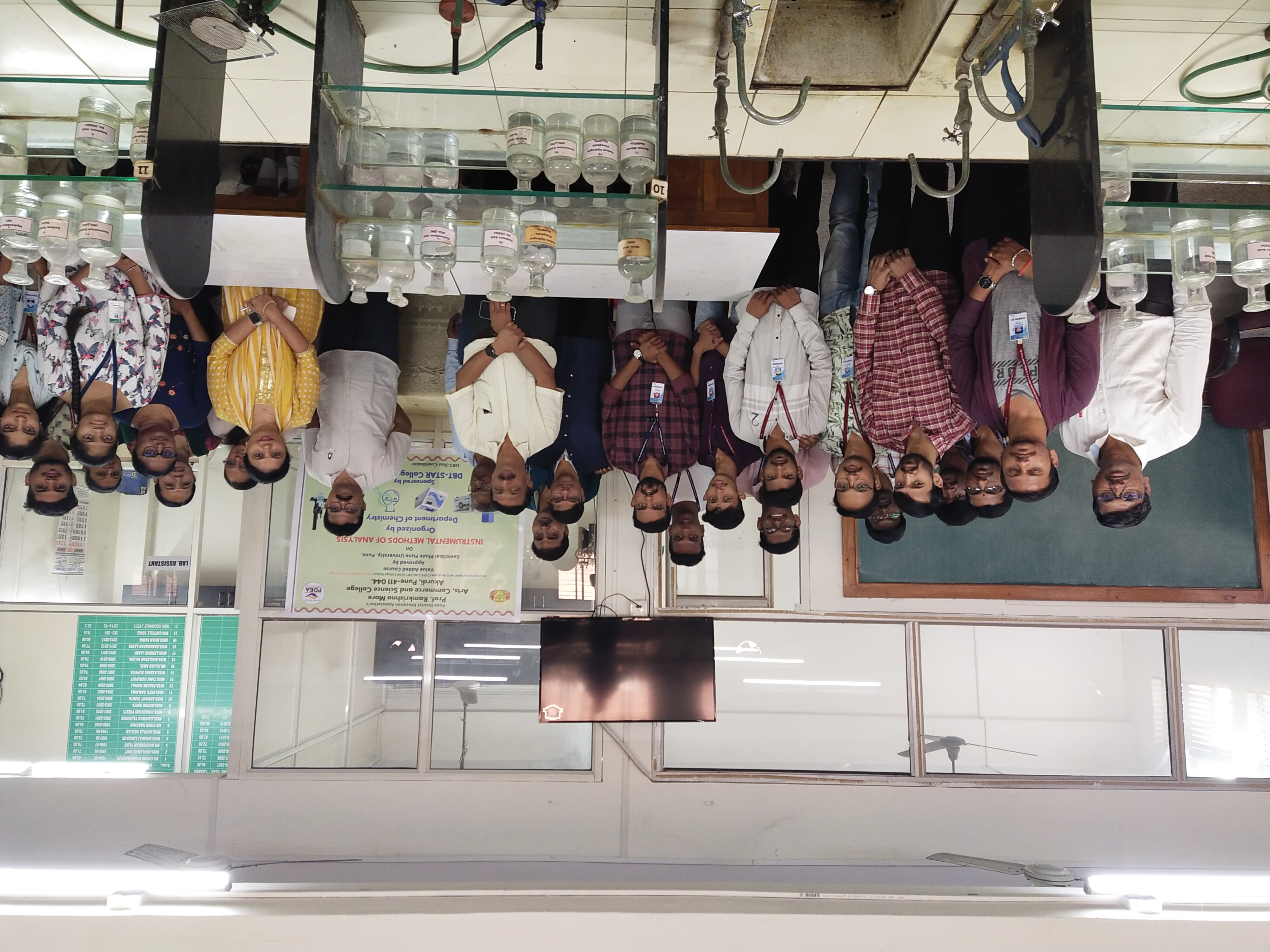
'Value Added Course: Instrumental Methods of Analysis'
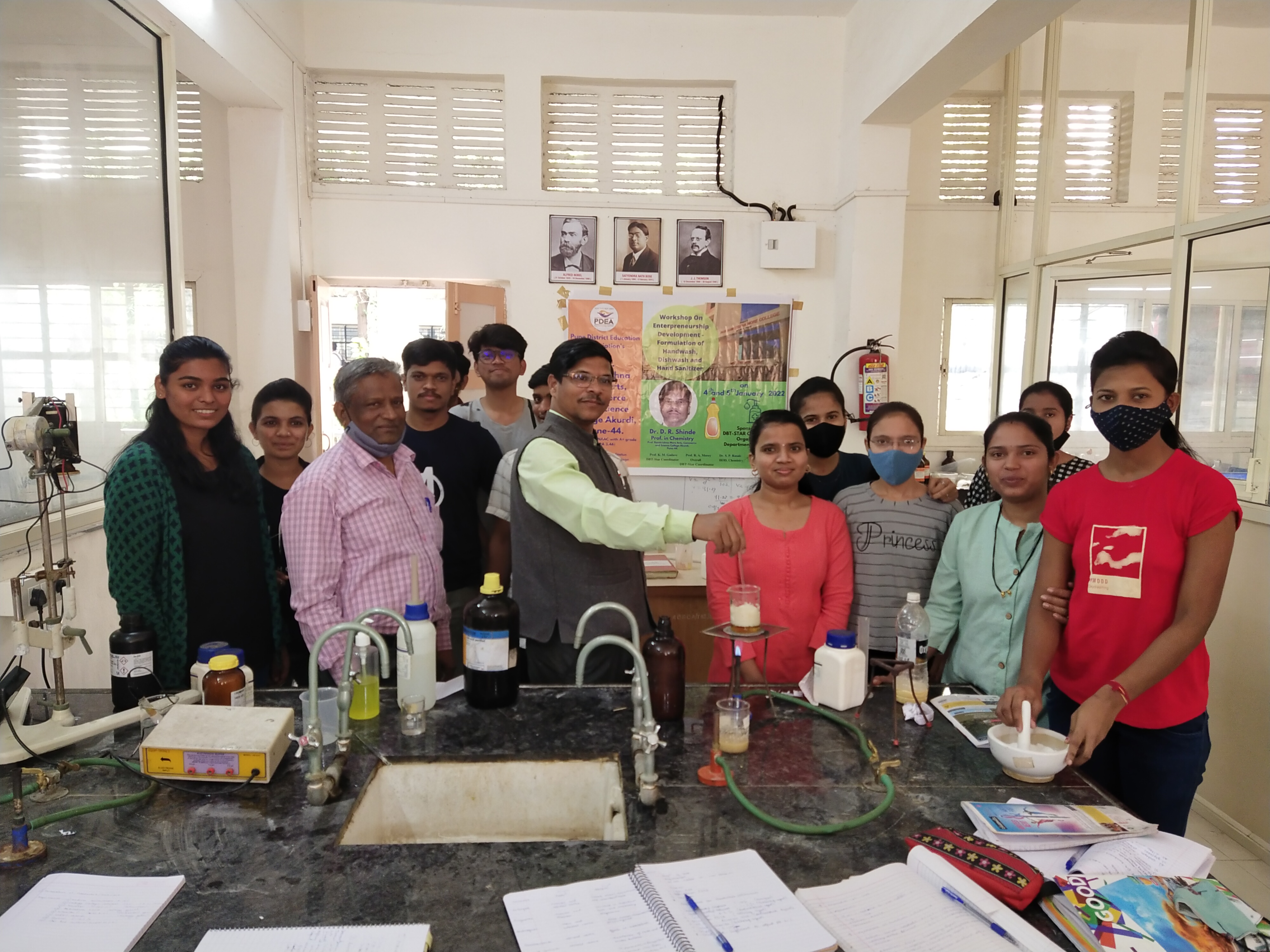
'Entrepreneurship Development Workshop'
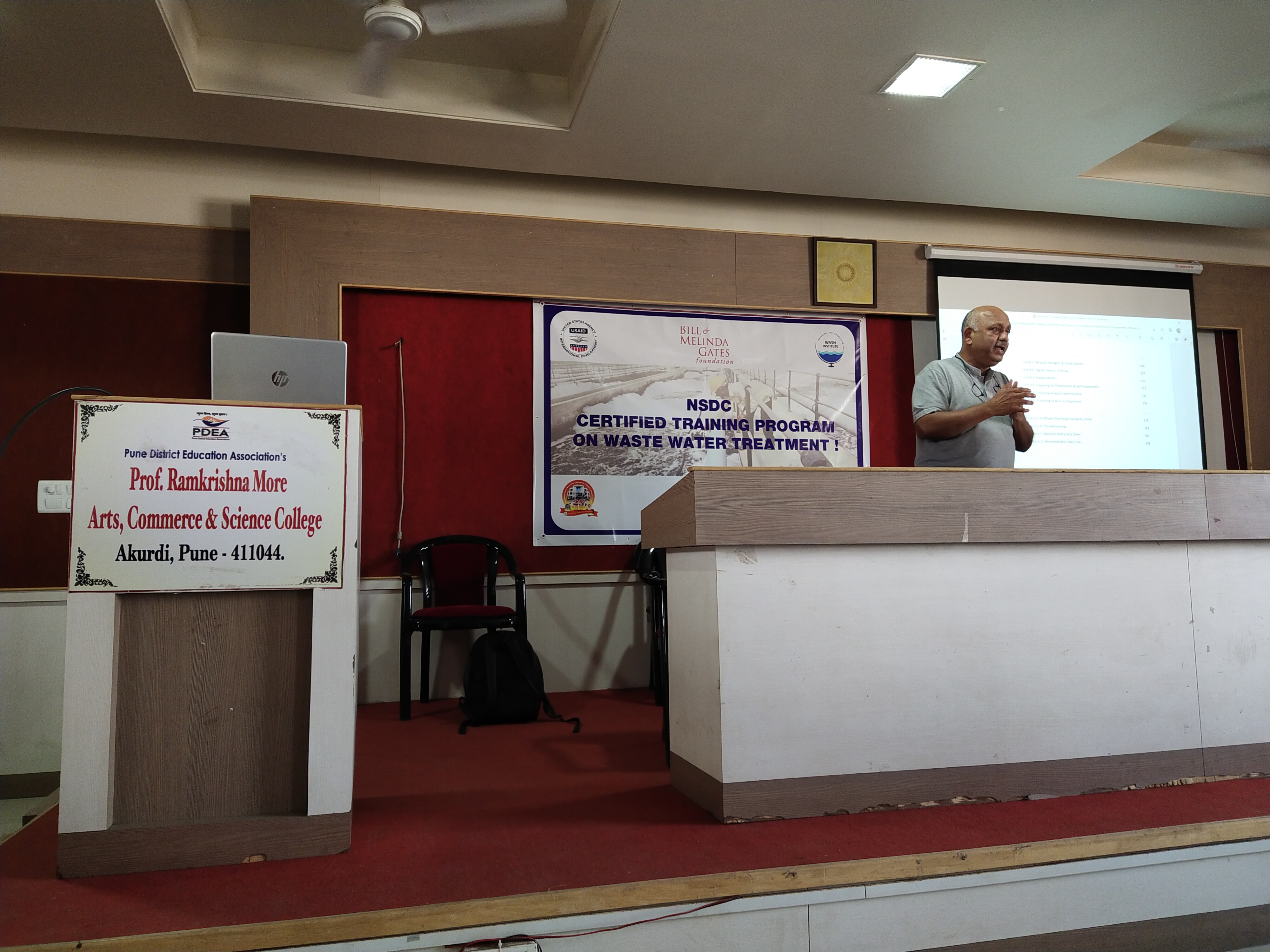
'Short term Course: Waste Water Treatment'
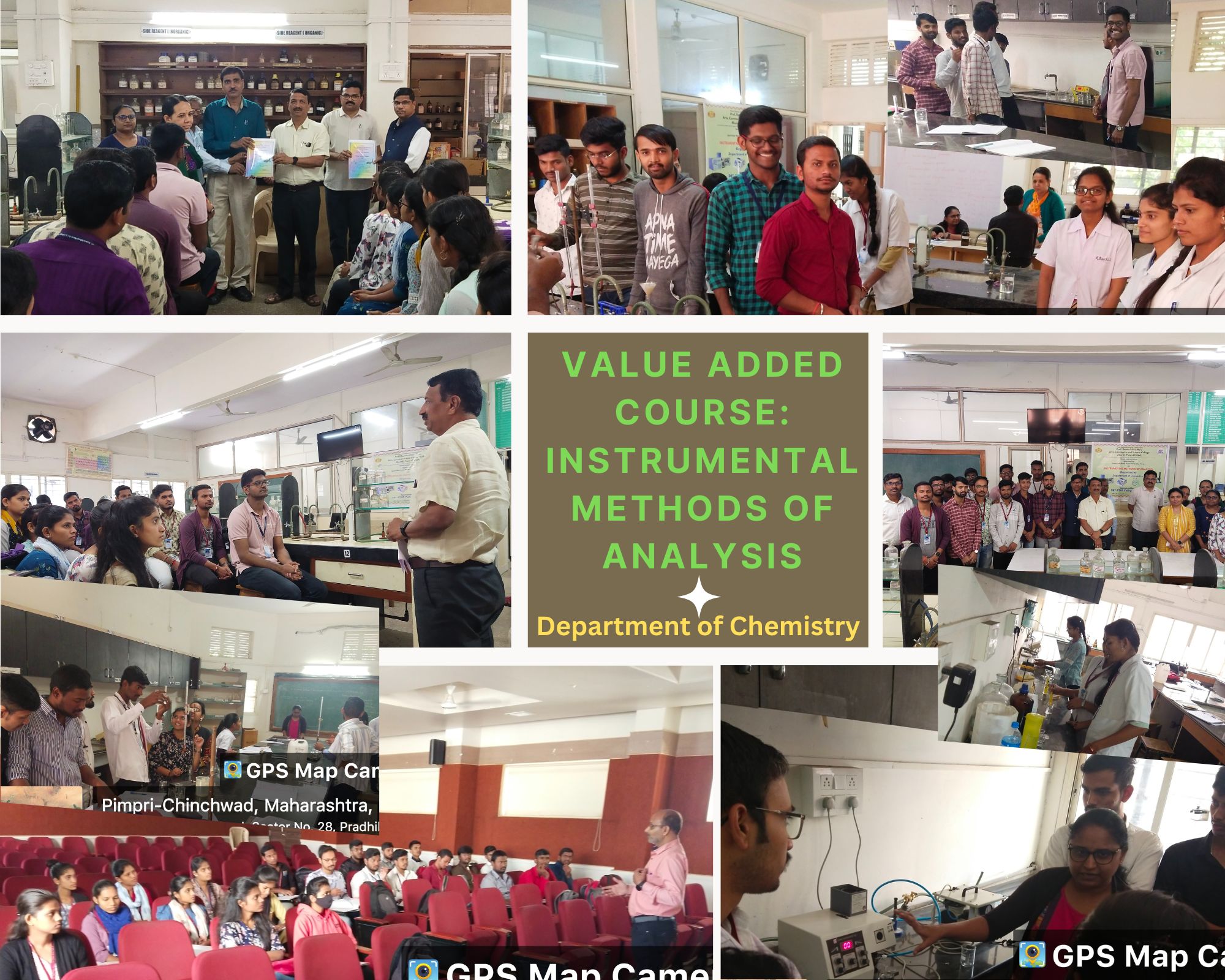
'Value Added Course: Instrumental Methods of Analysis'
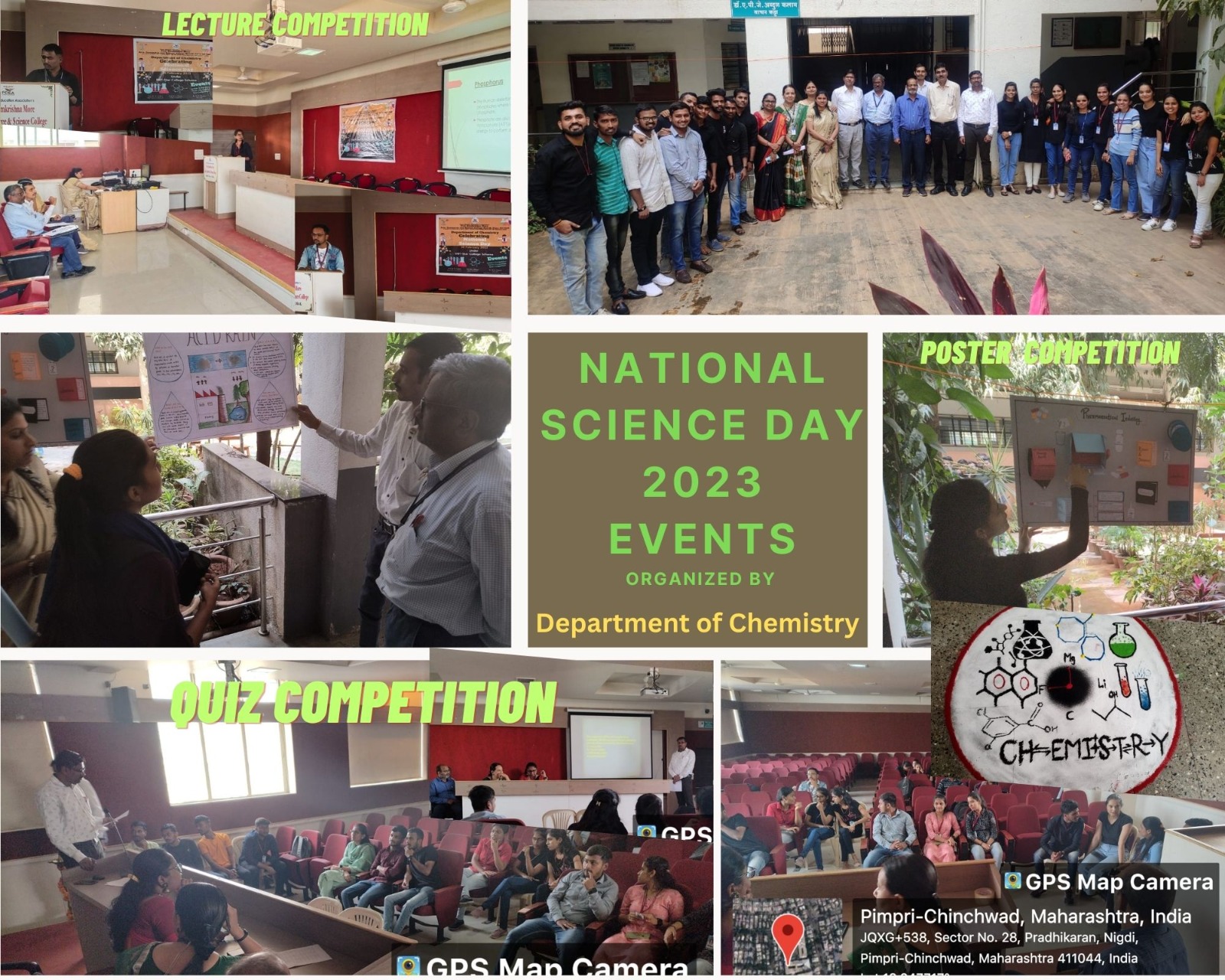
'Science Day Celebration'
About the Department
-
Establishment: 1992
The programme offered by the department: i) B.Sc. Chemistry, ii) M. Sc. Analytical Chemistry, iii) Ph.D. Chemistry.
- Department of chemistry is recognized and sponsored by the Department of Science and Technology (DST) as well as Department of Bio-Technology (DBT) of the government of India
- Sophisticated analytical types of equipment such as HPLC, AAS, TGA, UV-Visible spectroscopy are available in the department
- Spacious and separate labs for UG and PG classes as well for the research center
- Department has Five M. Phil. and Three Ph. D. recognized guides by of SPPU
Name of the Program B.Sc. Chemistry (UG) M.Sc. Analytical Chemistry (PG) Ph. D. Chemistry Duration 3 Years (Semester System) 2- years 3- 5 Years Syllabus
Ph. D
Sophisticated Analytical Equipments
- Thermogravimetric Analyser (TGA) (Shimadzu: DTG-60 model)
- Atomic Absorption Spectrophotometer (Thermo Fischer Scientific)
- Double beam UV-Visible Spectrophotometer (Shimadzu)
- Single beam UV-Visible spectrophotometer.
- High-performance Liquid Chromatography Equipment (Younglin Company, Korea)
- Flame Photometer (Systronic)
- Photofluorometer
- Tablet Dissolution
- Karl Fischer Titer
- Polarogram
- High-temperature furnace
- Department has own fabricated research equipment’s.
- These are a Gas sensor, High-temperature solid state conductivity measurement, Slurry reactor for photo-catalysis study, Pellet maker.
Area of research
- Solid state chemistry
- Nanomaterials
- Micro-extration and related analytical techniques
- Catalysis
- Thin films
- photocatalysis
- Gas sensing
Programme Outcomes
Program: B.Sc. [Chemistry], 2022-23
Program Outcomes (POs):
PO-1: Disciplinary knowledge and skill: A graduate student is expected to be capable of demonstrating comprehensive knowledge and understanding both theoretical and practical fundamental concepts in all disciplines of Chemistry. Further, the student will be capable of applying technologies, handling instruments and Chemistry related soft-wares for chemical analysis, characterization of materials and in separation technology.
PO-2: Skilled communicator: The course curriculum incorporates basics and advanced training in order to make a graduate student capable of expressing the subject through technical writing as well as through oral presentation.
PO-3: Critical thinker and problem solver: The course curriculum also includes components that can be helpful to graduate students to develop critical thinking and to design, carry out, record and analyze the results of chemical reactions. Students will be able to think and apply evidence based comparative chemistry approach to explain chemical synthesis and analysis.
PO-4: Sense of Inquiry: It is expected that the course curriculum will develop an inquisitive characteristic among the students through appropriate questions, planning and reporting experimental investigation.
PO-5: Team player: The course curriculum has been designed to provide opportunity to act as team player by contributing in laboratory, field-based situation and industry.
PO-6: Skilled project manager: The course curriculum has been designed in such a manner as to enabling a graduate student to become a skilled project manager by acquiring knowledge about chemistry project management, writing, planning, study of ethical standards and rules and regulations pertaining to scientific project operation.
PO-7: Digitally literate: The course curriculum has been so designed to impart a good working knowledge in understanding and carrying out data analysis, use of library search tools, use of chemical simulation software and related computational work.
PO-8: Ethical awareness: A graduate student requires understanding and developing ethical awareness or reasoning which is adequately provided through the course curriculum. To know how to handle the technical devices for presenting research works.
PO-9: Environmental Awareness: The course curriculum is designed to teach a Chemistry graduate student to follow the green routes for the synthesis of chemical compounds and also find out new greener routes for sustainable development. The course also helps them to understand the causes of environmental pollution and thereby applying environmentally friendly policies instead of environmentally hazard ones in every aspect.
PO-10: Analytical skill development and job opportunity: The course curriculum is designed in such a way that Chemistry graduate students can handle many Chemistries based software, modern instruments and advanced technologies to synthesize, characterize and analyze the chemical compounds very skillfully. Such a wonderful practice in the graduate level will bring a good opportunity to the students for getting job in industries besides academic and administrative works.
Program Specific Outcomes (PSO)
After completing B. Sc. Chemistry, students will be able to,---
PSO-1: Understand the nature and basic concepts of Physical, Organic and Inorganic chemistry.
PSO-2: Analyze Organic and inorganic compounds qualitatively and quantitively.
PSO-3: Understand the applications of physical, organic, inorganic and analytical chemistry in pharmaceutical, agriculture and chemical industries.
PSO-4: Able to perform experimental procedures as per laboratory manual in the area of physical, Inorganic and organic chemistry.
PSO-5: interpretation and synthesis of chemical information and data obtained from chemical and instrumental analysis.Sc-I Analytical Chemistry
Program: MSc [Analytical Chemistry], 2023-24
Program Outcomes (PO)
PO-1: Disciplinary knowledge and skill: A graduate student is expected to be capable of demonstrating comprehensive knowledge and understanding both theoretical and practical fundamental concepts in all disciplines of Chemistry. Further, the student will be capable of applying modern technologies, handling advanced instruments and Chemistry related soft-wares for chemical analysis, characterization of materials and in separation technology.
PO-2: Skilled communicator: The course curriculum incorporates basics and advanced training in order to make a graduate student capable of expressing the subject through technical writing as well as through oral presentation.
PO-3: Critical thinker and problem solver: The course curriculum also includes components that can be helpful to graduate students to develop critical thinking and to design, carry out, record and analyze the results of chemical reactions. Students will be able to think and apply evidence based comparative chemistry approach to explain chemical synthesis and analysis.
PO-4: Sense of inquiry: It is expected that the course curriculum will develop an inquisitive characteristics among the students through appropriate questions, planning and reporting experimental investigation.
PO-5: Team player: The course curriculum has been designed to provide opportunity to act as team player by contributing in laboratory, field based situation and industry.
PO-6: Skilled project manager: The course curriculum has been designed in such a manner as to enabling a graduate student to become a skilled project manager by acquiring knowledge about chemistry project management, writing, planning, study of ethical standards and rules and regulations pertaining to scientific project operation.
PO-7: Digitally literate: The course curriculum has been so designed to impart a good working knowledge in understanding and carrying out data analysis, use of library search tools, use of chemical simulation software and related computational work.
PO-8: Ethical awareness: A graduate student requires understanding and developing ethical awareness or reasoning which is adequately provided through the course curriculum. Students CO-2: To know how to handle the technical devices for presenting research works. can also create an awareness of the impact of chemistry on the environment, society, and also make development outside the scientific community.
PO-9: Environmental Awareness: As an inhabitant of this green planet a Chemistry graduate student should have many social responsibilities. The course curriculum is designed to teach a Chemistry graduate student to follow the green routes for the synthesis of chemical compounds and also find out new greener routes for sustainable development. The course also helps them to understand the causes of environmental pollution and thereby applying environmental friendly policies instead of environmentally hazard ones in every aspect.
PO-10: Analytical skill development and job opportunity: The course curriculum is designed in such a way that Chemistry graduate students can handle many Chemistry based software, modern instruments and advanced technologies to synthesize, characterize and analyze the chemical compounds very skillfully. Such a wonderful practice in the graduate level will bring a good opportunity to the students for getting job in industries besides academic and administrative works. Programme.
Program Specific Outcomes (PSO)
After completing B. Sc. Chemistry, students will be able to
PSO1: Understand the nature and basic concepts of Physical, Organic and Inorganic chemistry.
PSO2: Analyze Organic and inorganic compounds qualitatively and qualitatively
PSO3: Understand the applications of physical, organic, inorganic and analytical chemistry in pharmaceutical, agriculture and chemical industries.
PSO4: Able to perform experimental procedures as per laboratory manual in the area of physical, Inorganic and organic chemistry.
PSO5: interpretation and synthesis of chemical information and data obtained from chemical and instrumental analysis.
Value Added Course on: Instrumental Methods of Analysis:
Department of Chemistry design Value added course on ?Instrumental Methods of Analysis? and also taken approval from Savitribai Phule Pune University for its syllabus of 02 credits.
This course is conducted by department from 6 th February to 16 th February 2023. This course include total 46 contact hours including 16 hours theory and 30 hours practical. In this course students get knowledge and hand on training about soil, water and food samples analysis by using various sophisticated analytical instruments like Flame Photometer, pH meter,
conductometry and UV visible spectrometer. Total 37 students had successfully completed this course and certificates were issued to the students.
Educational Visit:
Department has organized industrial visit to Sugar Industry, Sant Tukarma Sahakari Sakhar Karkhana, and Kasarsai Damp, Kasarsai, Tal. Mulshi, Dist. Pune on 17 th February
2023. From this visit students get knowledge about manufacture of Sugar and chemical process involved in it. 24 students and Dr. K. M. Gadave, Dr. R. A. Pawar and Ms. S. V.
Thombare were involved in this industrial visit.
Science Day Celebration:
On 28 th February2023, on the occasion of International Science Day celebration department had organized various activities like Poster competition, Lecture competition and Chemistry
Quiz Competition. In poster competition 10 students, Lecture competition 05 students and 56 students were actively participated in Quiz competition. In each event two prizes, Winner and
Runner are given and all participants? students were issued participant certificate.
Faculty involvement in Co-curricular activity:
Our faculty members were actively participated in various co-curricular activities along with regular curricular activities.
1. Prof. R. A. Pawar was member of NAAC Mock Peer Team at Ashmita College, Matunga, and Mumbai on 12 January 2023. He gave talk of SSR preparation at Sharadabai Pawar College, Malegaon, Baramati, and Pune on 27 th May 2022. He also work as member of AAA and Gender Audit Team at St. Paul College, Ulhasnagar, Thane, and Mumbai on 15 th October 2022. has successfully completed Online one week FDP on “National Education Policy-2020 from 18-24 June 2022 and obtained Grade-A.
2. Prof. D. R. Shinde work as resource person for Ph. D. Course work at K.T.H.M. College, Nassik, He delivered talk on HPLC and GC.
3. Prof K.M. Gadave has participated in two days Tutorial Workshop on ?Fundamental of Solar Energy Harvesting using Thin Film Solar Cells conducted by Dr. K. Kalyanasundaram, Lausanne, Switzerland held at Department of Physics, SPPU, Pune on 26-27 September 2022. Attended three days International Conference on Advanced Materials Synthesis, Characterization and applications held at Dept. of Physics, SPPU, Pune during 18 th to 20 th October 2022.
4. Dr. D. S. Bhange has participated in National Seminar on Recent Trends in Chemical Sciences (RTCS-2022) and presented paper on 14 th September 2022 at Sangola College, Sangola. He also presented research paper in International conference on Science Technology and Sustainability (ICSTS-2022) on Nickel catalyzed Mizoroki-Heck cross coupling reaction of aryl halide with Styrenes on 5 th and 6 th November 2022 at Maullana Mukhtar Ahmad Nadvi Technical Campus, Malegaon.
M. Sc. Lecture Series
Lecture Series by Ph. D. Students on Research Methodology for Post BGraduate Students in Semester I 2023-24.
Entrepreneurship Development Workshop:
Entrepreneurship Development Workshop: Formulation of Soaps and Household Products organized on 12th to 16th October 2023, 96 Students of B. Sc. Chemistry completed the Entrepreneurship Development Workshop: Formulation of Hand Wash, Dish Wash, soap and Hand Sanitizer

